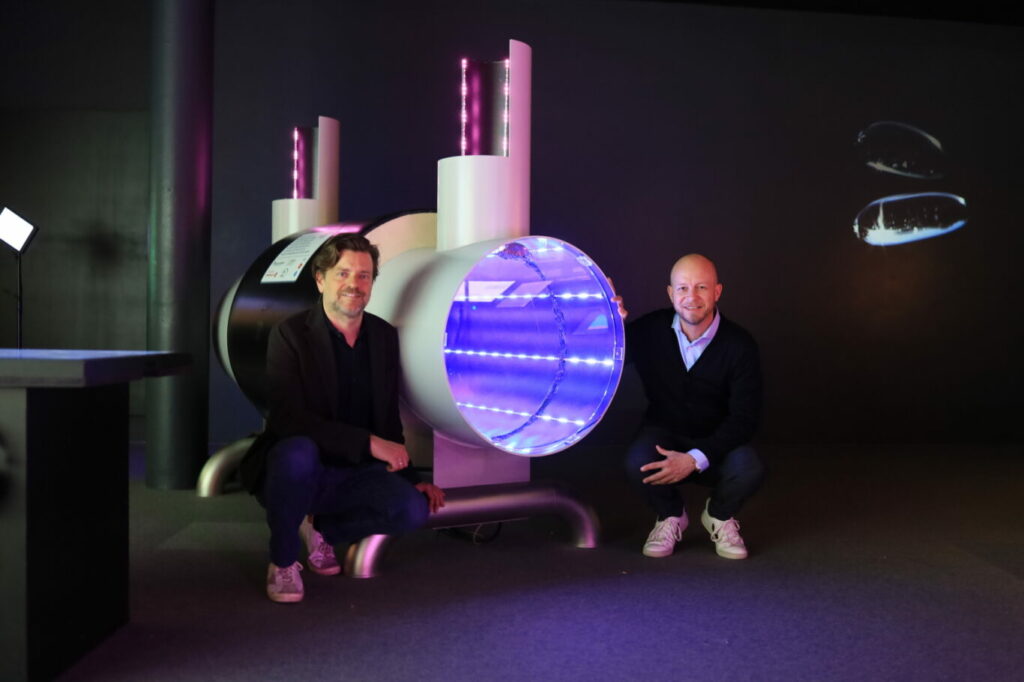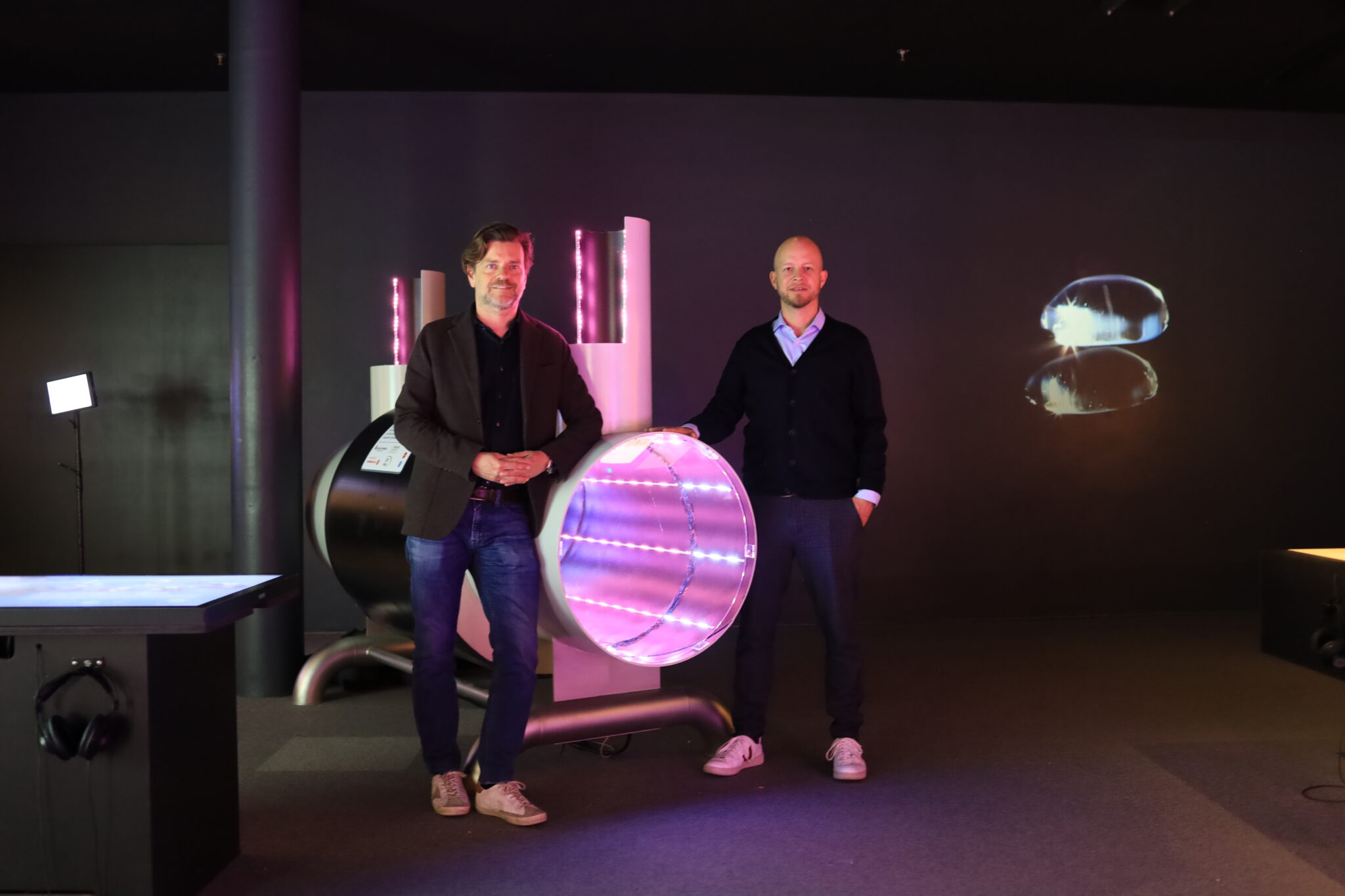The “heat highway” for attacking
Securing the energy supply and making it more environmentally friendly at the same time is a mammoth task. Experts see great potential in the use of waste heat from large industrial companies, which is why Austrian researchers and project partners have been working on the “Heat Highway” project since 2021. Thanks to Kremsmüller, the idea of a decentralized district heating supply has now become a reality.
Specifically, Kremsmüller has built a so-called demonstrator, which can now be viewed at the Ars Electronica Center in Linz. As part of the “There Is No Planet B” exhibition, interested parties have the opportunity to find out how the project, which was awarded the Upper Austrian Innovation Prize 2023, works using Kremsmülller’s model as well as the computer simulation.
Distributing thermal energy intelligently
Under the leadership of the Energy Institute at Johannes Kepler University Linz (JKU), 16 partners – including leading companies such as voestalpine, Borealis and Energie AG – have joined forces to exploit existing potential. The idea behind the “Heat Highway” is simple: despite their own waste heat recovery measures, a number of companies still have a certain amount of residual heat that needs to be reused. Large heat pumps first bring this energy up to district heating temperature, after which it is made available to all project participants. Storage facilities are used to ensure that the supply and demand for heat remain in balance.
Waste heat from steel production for bakeries
A bakery, for example, could use the waste heat from a steelworks to reduce its own energy requirements. The use of fossil energy sources could be significantly reduced or even avoided altogether on a seasonal basis. The “heat highway” would bring us one step closer to the goal of decarbonizing the heat supply.
“The collaboration with Kremsmueller and the company’s technical expertise and experience in the field of thermal pipe and plant construction, large heat pumps and heat storage, which means we are well equipped for future expansion, were very valuable for the Heat Highway project. With its many years of experience, the company was able to contribute innovative approaches to the practical implementation of the efficient use of waste heat to the research consortium. We are delighted about this cooperation, even beyond the specific Heat Highway project,” says Robert Tichler, Managing Director of the Energy Institute.
Financial support for the project, in which a cost-effective pipe system is to be developed, comes from the Climate and Energy Fund and the province of Upper Austria.

